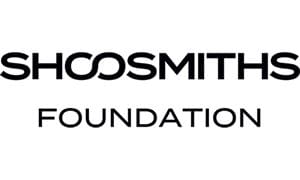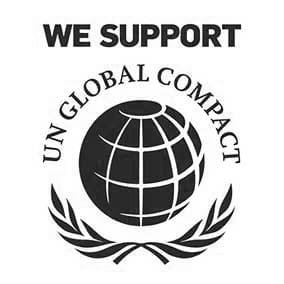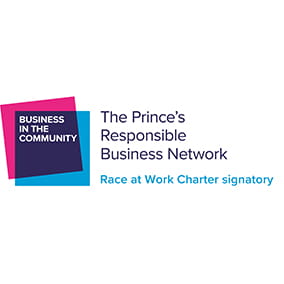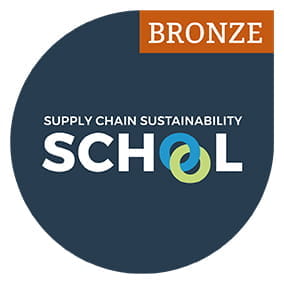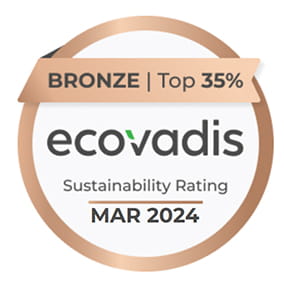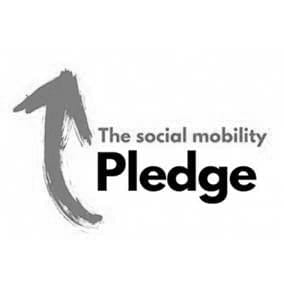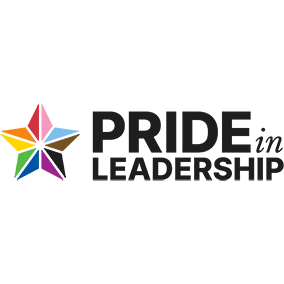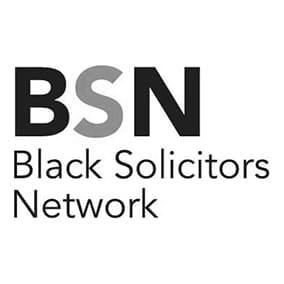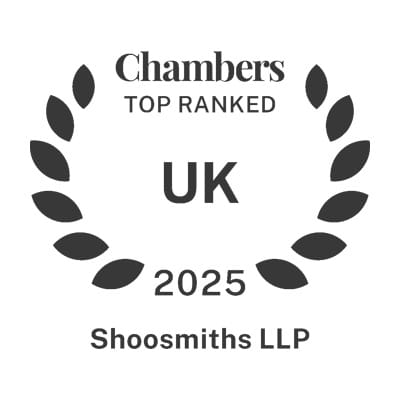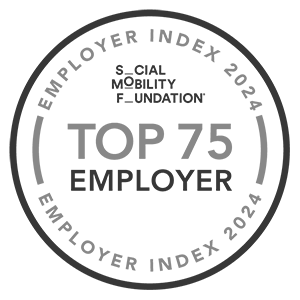How we support clients with sustainability
As a firm we have sustainability experts embedded with our sectors and divisions that can enable our client’s own sustainability journey. From renewable energy, through to environmental litigation and compliance, we support our clients in delivering on their plans to create a sustainable, net zero world.
Environmental, social, and governance (ESG) factors are more than just buzzwords to us—they are crucial commercial drivers. We pride ourselves on our relationships with clients that are enabling that vision, by collaborating with companies that prioritise clean energy and sustainable practices, we are delivering on our own strategic priorities. This strategic alignment enables us to join in leading the transition to a low-carbon economy, underscoring our commitment to innovation and sustainability.
|
 Renewable energy Renewable energy
We support clients in the transition to Power Purchase Agreements and increasing renewable access to suppliers, subsidiaries and clients
|
|
 ESG 360 ESG 360
Our free tool for clients to understand their ESG compliance status through a RAG-rated and expert support analysis can also be applied to supply chains
|
|
|
 ESG regulations ESG regulations
We enable client's compliance on ESG through horizon scanning, translating obligations and providing support in reporting
|
|
 Charity Charity
We increase clients’ social impact in dealings with charities, such as through the creation and running of charitable foundations
|
|
|
 Sustainable finance Sustainable finance
We support clients in linking interest rates for debt and loan facilities to sustainability metrics to reduce borrowing costs
|
|
 Litigation Litigation
We provide pragmatic advice to help clients meet the complex challenges on ESG litigation, a rapidly evolving area of legislation and risk
|
|
|
 E-learning E-learning
Our online platform empowers client's workforce to learn from Shoosmiths’ industry experts, improving the sustainability capability across the organisation
|
|
 Governance & strategy Governance & strategy
Our expert advisors support clients in developing & implementing governance and strategies for transformational ESG
|
|
Real world impact
Enabling clean energy
We advised Leonardo in cementing its commercial relationship with Conrad Energy, with a 20-year Power Purchase Agreement (PPA) for the 11.25MW output of the Camp Road solar farm, that will supply the Leonardo Yeovil site with 100% green energy.
For Conrad Energy, this site represents an extension of their investment into solar power and is their first off-site solar farm, designed to provide 100% green energy to meet the specific demands of the business.
A suitable location was identified for an off-site solar farm, with a private wire connection to enable the Yeovil site to harness the output and whilst 40 of the 45-acre site will be covered in panels, only 5% of the land will be disturbed. When the solar farm’s 40-year life span comes to an end, the land will be returned to agricultural use with well rested soil.
Once fully operational, the new solar farm will generate enough energy to power the equivalent of up to 6,500 homes. Although there is a carbon footprint associated with solar panels, the lifecycle emissions of solar electricity are around 12 times less than natural gas and 20 times lower than coal. The 40-year lifespan of the solar farm will deliver a saving of around 80,000 tonnes of carbon dioxide.
Supporting social investment
Shoosmiths advised a charitable foundation on the charity law and governance aspects of a significant £3.8 million social investment. This investment was directed towards a black-led angel group that is dedicated to supporting underrepresented entrepreneurs. This initiative not only furthers the charitable objectives of the foundation but is also designed to generate a financial return in the long term. These returns will be reinvested into the Foundation’s ongoing efforts to remove barriers to education and skills in technology.
Our work in this area exemplifies our commitment to supporting foundations in their mission to create positive change. We understand the unique challenges that come with social investments and are dedicated to providing the guidance and support needed to navigate these challenges successfully. Whether it’s through legal advice, governance support, or strategic planning, we are here to help foundations make a meaningful difference in the world.
Ethics policy
We launched our new Ethics at Shoosmiths Guidance which is a significant step in reinforcing our commitment to integrate integrity and ethical decision making alongside the commercial interests of the firm and our clients.
The guidance encourages independent and critical thinking about the impact of our decisions on colleagues, stakeholders, and our reputation as a leading legal services provider. The guidance, along with our new client offering on sustainability, demonstrates to clients and other stakeholders that we are acting in the right way on ethical, environmental and social topics.
As part of this initiative, we also launched our ‘do the right thing toolkit’ which considers the art and science of ethical decision making before setting out the various rules/regulations which could impact professional practice.
In addition, we’ve integrated The Law Society guidance on climate change into our ethics guidance, as well as our toolkit, to ensure how we assess the risk of climate change on clients is integrated into our advice.
Strategic partner growth
Since April 2024, we’ve welcomed a cohort of exceptional new partners whose appointments reflect our continued investment in strategic growth, client service excellence, and sector leadership. These hires are not just additions to our headcount - they are pivotal to our ambition to deepen expertise, broaden our market reach, and future-proof our offering. Each new partner brings a distinct blend of technical excellence, sector insight, and leadership capability.
Clients will benefit from expertise in key areas such as employment, banking and finance, commercial law, and restructuring.
These appointments are aligned with our strategic priorities: to grow in sectors where we see long-term opportunity, to invest in high-performing teams, and to ensure we remain agile and responsive to client needs.
These hires are a clear signal of our intent: to be the firm of choice for top talent and clients seeking trusted, forward-thinking legal partners.
[Headshots & quotes?]
 Renewable energy
Renewable energy ESG 360
ESG 360 ESG regulations
ESG regulations Charity
Charity Sustainable finance
Sustainable finance Litigation
Litigation E-learning
E-learning Governance & strategy
Governance & strategy